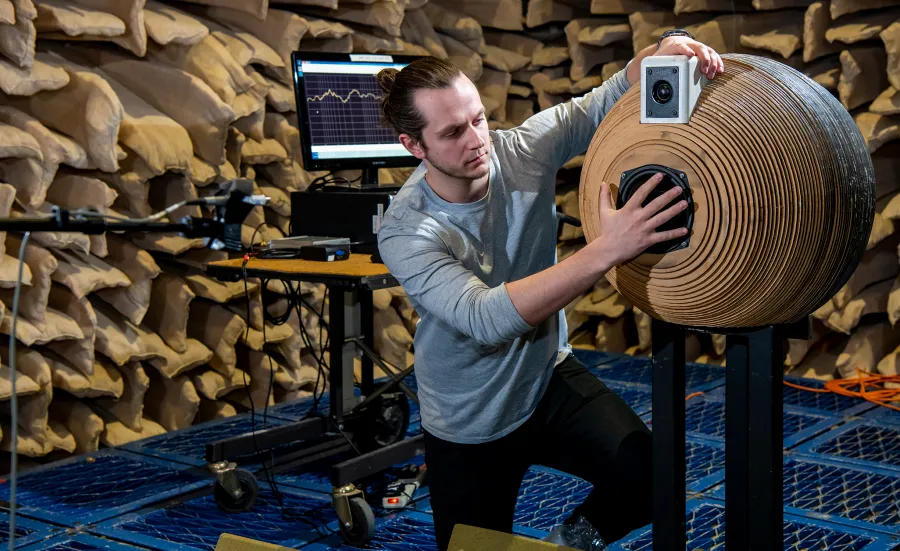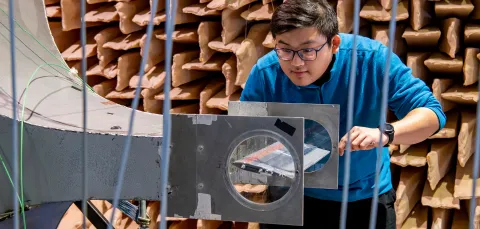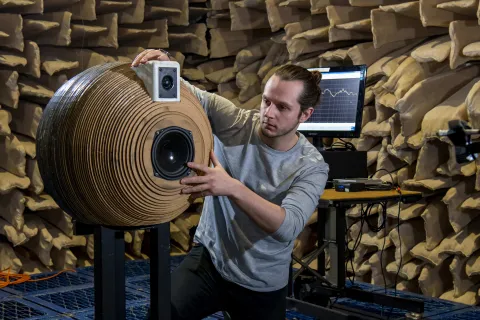About this course
On this MSc in Acoustical Engineering you'll learn how to apply acoustics to technology. Our master's in acoustics will give you expert knowledge of the latest modern developments in sound, vibration and signal processing. You’ll graduate with the skills you need for a career in acoustical engineering or for continued study at PhD level.
This acoustic engineering course combines an understanding of engineering fundamentals with specialist knowledge of sound and vibration. We’ll develop your practical and problem-solving skills to apply them in fields including:
- noise control
- audio engineering
- architectural acoustics
- biomedical ultrasounds
You’ll study at the Institute of Sound and Vibration Research (ISVR) - a world-leading centre for acoustical engineering.
You can choose to study acoustic engineering as a general topic, but may also decide to specialise in signal processing or structural vibration:
- Signal processing provides in-depth training on modern signal processing techniques for biomedical applications and audio signal processing.
- Structural vibration emphasises the advanced techniques to model, measure and control vibration in mechanical systems such as railways and automotive applications.
We regularly review our courses to ensure and improve quality. This course may be revised as a result of this. Any revision will be balanced against the requirement that the student should receive the educational service expected. Find out why, when, and how we might make changes.
Our courses are regulated in England by the Office for Students (OfS).
Course lead
Your course lead has research interests in various aspects of railway noise and vibration, particularly rolling noise and curve squeal, and vibroacoustics.
Visit Dr Giacomo Squicciarini's staff profile to learn more about his work.
Accreditations
This master's in acoustics is accredited by the Institution of Mechanical Engineers (IMechE) as meeting the academic requirement for Further Learning, for Chartered Engineer registration. Candidates must hold a BEng/BSc undergraduate first degree that is accredited for Chartered Engineer (CEng) registration to comply with full CEng registration requirements.
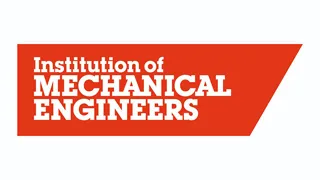
Institution of Mechanical Engineers (IMechE)
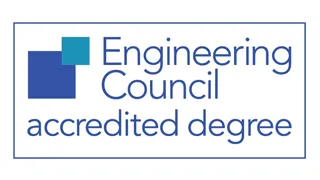
Engineering Council
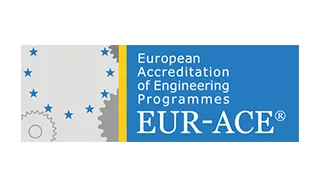
European Accreditation of Engineering Programmes (EAEP)
Introducing our MSc in Acoustical and Vibration Engineering
Course location
This course is based at Highfield.
Awarding body
This qualification is awarded by the University of Southampton.
